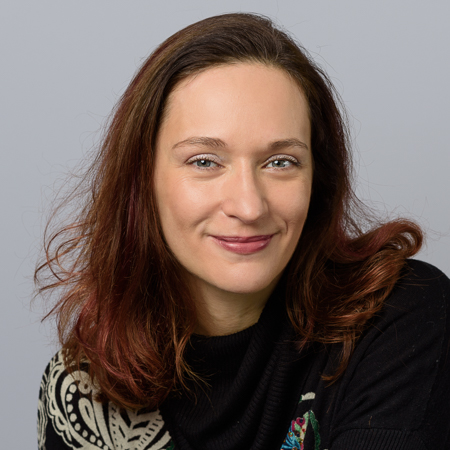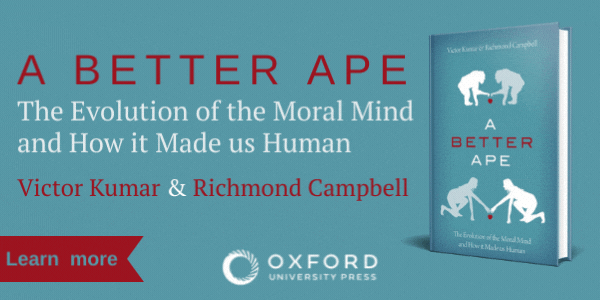Dutilh Novaes Wins Lakatos Award
Catarina Dutilh Novaes, professor and university research chair in the Department of Philosophy at VU Amsterdam, is the winner of the 2022 Lakatos Award.

The Lakatos Award, named in memory of philosopher Imre Lakatos, is awarded in recognition of a monograph in the philosophy of science broadly construed, either single authored or co-authored, published in English. The award is endowed by the Latsis Foundation and administered by an international committee organized by, but independent of, the Department of Philosophy, Logic and Scientific Method at the London School of Economics and Political Science (LSE).
Professor Dutilh Novaes won the award for her book, The Dialogical Roots of Deduction (Cambridge University Press, 2020). According to the prize announcement,
The Dialogical Roots of Deduction is praised by the Selectors as a “masterwork” that is “absolutely fascinating” and in which “we have a breath-taking amount of knowledge revealed”: “the knowledge is breath-taking, the argument original, and the whole is an intellectual feat”. The book “develops a coherent, compelling and broadly articulated account of large parts of human reasoning that has wide relevance to understanding science as a particular development of human reason.” The book offers a “very intriguing, erudite, and potentially highly productive argument, namely that deduction is fundamentally a dialogical and collaborative phenomenon, and hence is not the outcome of individual activities based on rules or logic with reasoners in competition with each other, but instead should be viewed as a social activity.” In making this point, “the book clearly makes a very important contribution to our understandings of logic and mathematical reasoning”.
The Lakatos Award includes a prize of £10,000 (approximately $12,500) and the delivery of a lecture at the LSE.
Previous winners of the award are listed here.



É do Brasil!!!
https://youtu.be/ACOBFlMvtV8
I had the pleasure of writing a review of the book for Metascience recently. It really is a masterwork, integrating research in the history of philosophy, philosophical logic, and cognitive science. A well-deserved recognition.
Would it be possible to state its thesis in a sentence, or at most a short paragraph? E,g. What is meant by ‘deduction’ ?
Hi Alex — I don’t think I’d like to try to summarize it, but CUP has a short paragraph on the information page of the book.
As for Dutilh Novaes’ view on deduction, it’s basically what we teach our students, and which has come down to us out of the tradition running from ancient Greek philosophy, and which she finds rooted in the dialogical practices of the ancient Athenian polis, and ancient Greek mathematics. Dutilh Novaes argues persuasively that this dialogical tradition in the study of deduction runs through the medieval schools and into more recent work in mathematics and philosophy (though over the course of the modern period this dialogical character was, she maintains, gradually “internalized” as the activity of a single individual ruminating for his- or herself). On her reconstruction, three features of deduction are central to it, and which her dialogical account aims to explain: the necessary connection between the truth of the premises and the truth of the conclusion; the perspicuity of that connection; and the fact that one brackets what one otherwise believes when considering that connection.
Thanks for your generous engagement with the book and the kind words!
Thanks for the announcement and the information. Congratulations , Madam for a fine achievement. May many more achievements and awards follow this , Lakatos is one of my favorite philosophers of science. Thanks once again, With warm regards and best wishes, Narasimhan,